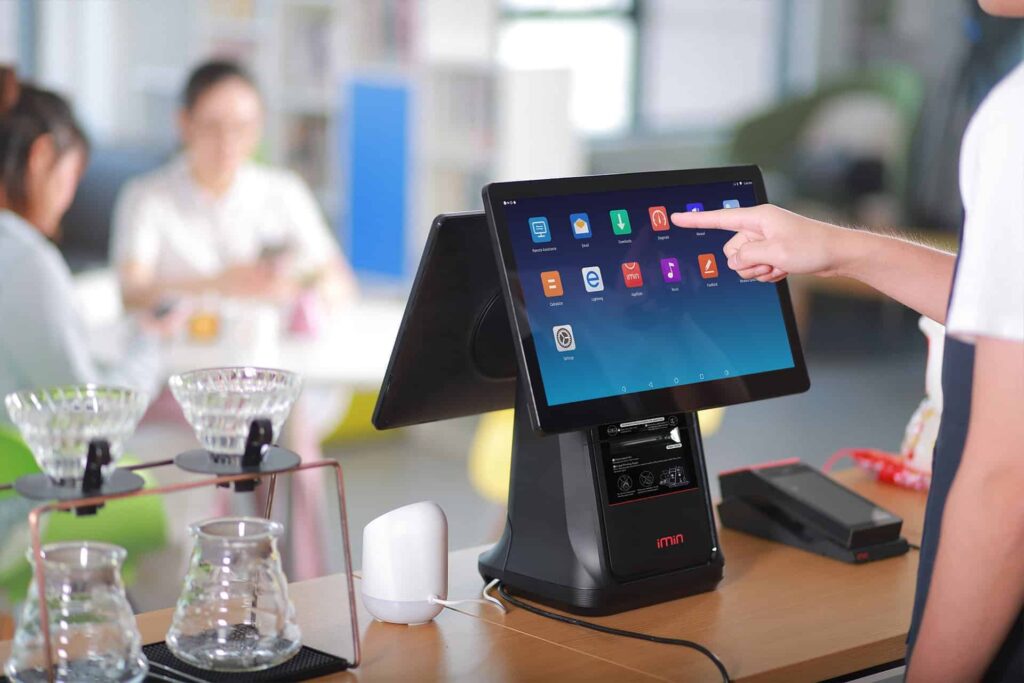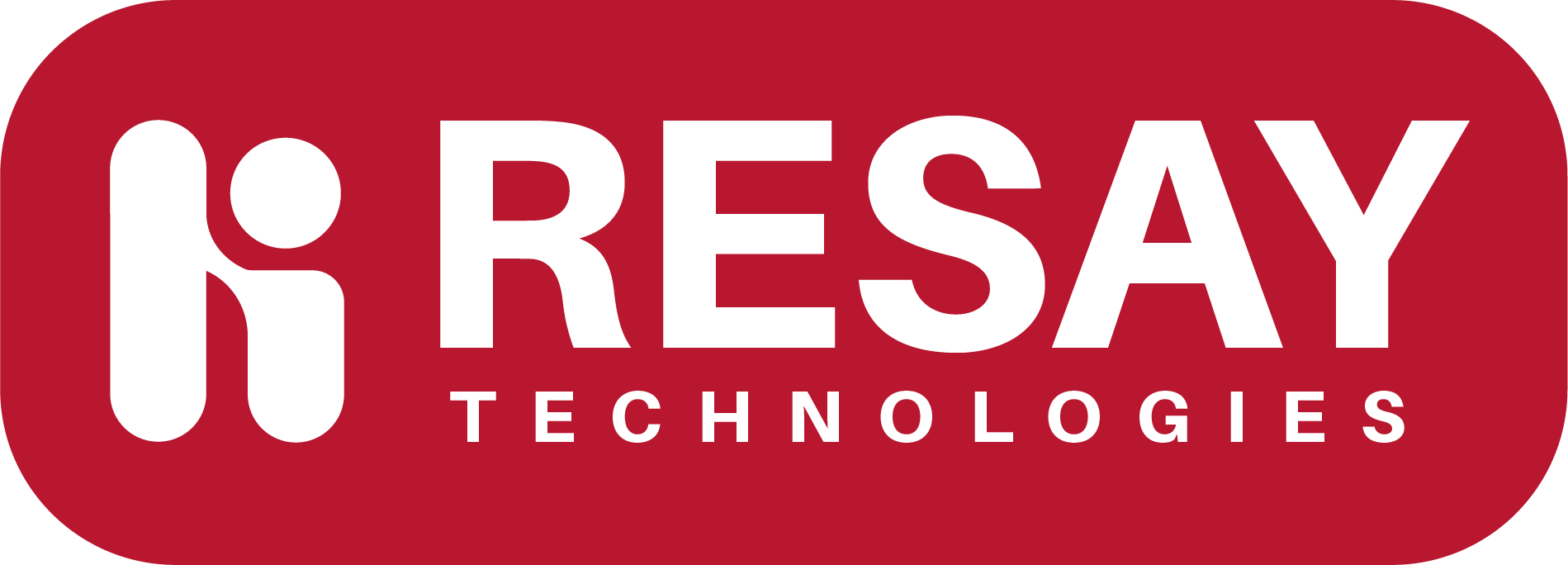Posted by:
Category:
Comments:
Post Date:
EPOS Systems: The Smart Solution for Modern Business Management

In today’s competitive market, EPOS systems (Electronic Point of Sale) are essential tools that streamline sales, manage inventory, and improve customer service. Designed to offer businesses real-time insights and control over their operations, EPOS systems go beyond traditional cash registers by providing comprehensive data analytics, flexible payment options, and seamless integrations. Whether you’re in retail, hospitality, or any customer-facing business, the right EPOS system can enhance efficiency and profitability. Here’s what you need to know about EPOS systems and why they are a smart investment for your business.
What Is an EPOS System?
An EPOS system combines hardware and software to process sales transactions, record customer data, manage inventory, and generate insightful reports. Unlike traditional cash registers, EPOS systems use digital technology to store and analyze data, providing businesses with powerful tools to monitor sales, control stock, and deliver better customer experiences. EPOS systems typically include a touchscreen terminal, card reader, barcode scanner, cash drawer, and receipt printer, all working together for a smooth and efficient checkout process.
Benefits of Using an EPOS System
1. Faster Transactions and Improved Efficiency
EPOS systems simplify the checkout process, enabling faster transactions and reducing wait times for customers. With an intuitive touchscreen interface and integrated payment processing, EPOS systems allow staff to complete sales quickly, leading to improved efficiency and customer satisfaction.
2. Real-Time Inventory Management
EPOS systems automatically update inventory levels with each sale, giving businesses a clear view of stock levels in real time. This feature helps reduce the risk of stockouts or overstocking, ensuring you always have the right products available. Many EPOS systems also send low-stock alerts, allowing for proactive restocking.
3. Detailed Sales Reporting and Analytics
With built-in reporting tools, EPOS systems generate detailed sales analytics that offer insights into your business’s performance. Track best-selling products, peak hours, and sales trends to make informed business decisions. These insights help businesses understand customer behavior, optimize inventory, and create targeted promotions.
4. Flexible Payment Options
Today’s customers expect flexible payment options, and EPOS systems make it easy to accept credit cards, debit cards, contactless payments, mobile payments, and more. By offering diverse payment methods, EPOS systems ensure that you meet customer expectations while enhancing the overall shopping experience.
5. Enhanced Customer Relationship Management (CRM)
Many EPOS systems come with CRM features that allow businesses to store customer data, track purchase histories, and implement loyalty programs. This data is invaluable for creating personalized marketing campaigns, rewarding loyal customers, and improving customer service.
6. Simplified Employee Management
EPOS systems help manage employee shifts, monitor sales performance, and control access levels. With built-in time-tracking and performance metrics, business owners can gain insights into employee productivity, streamline scheduling, and reduce operational errors.
Types of EPOS Systems
1. Cloud-Based EPOS Systems
Cloud-based EPOS systems store data online, allowing businesses to access real-time information from anywhere. This type of EPOS system is cost-effective, easy to set up, and requires minimal hardware. Cloud-based systems are ideal for businesses with multiple locations or those looking for flexibility.
2. On-Premises EPOS Systems
On-premises EPOS systems store data locally, usually on servers located within the business. While they offer enhanced data control, on-premises systems require more significant upfront investment and regular maintenance. These systems are well-suited for larger businesses with more complex security needs.
3. Mobile EPOS Systems
Mobile EPOS systems use portable devices, such as tablets or smartphones, to process transactions, making them ideal for mobile businesses, pop-up shops, and restaurants. They offer the flexibility to move freely around the business, enhancing customer service and maximizing convenience.
Key Features to Look for in an EPOS System
1. Inventory Management Tools
Look for EPOS systems with advanced inventory management capabilities. Features such as stock tracking, automated reordering, and low-stock alerts can save time and help prevent stockouts, ensuring a consistent supply of products.
2. Integrated Payment Processing
Choose an EPOS system with integrated payment processing that supports multiple payment types, including contactless, EMV chip cards, and mobile payments. An integrated system speeds up transactions, reduces errors, and enhances security.
3. Reporting and Analytics
Comprehensive reporting tools are essential for tracking sales, monitoring performance, and making data-driven decisions. Look for EPOS systems that generate customizable reports on sales trends, top-selling products, and customer demographics.
4. Customer Relationship Management (CRM)
If building strong customer relationships is essential to your business, consider an EPOS system with CRM capabilities. This feature helps manage customer information, track purchase histories, and implement loyalty programs to encourage repeat business.
5. User-Friendly Interface
A user-friendly interface makes it easy for employees to learn and operate the EPOS system. Look for a system with an intuitive layout, responsive touchscreen, and straightforward navigation to improve efficiency and reduce training time.
Industries That Benefit from EPOS Systems
1. Retail
Retail businesses benefit significantly from EPOS systems that simplify inventory management, track sales in real time, and offer flexible payment options. Features like loyalty programs and CRM integration help retailers enhance the shopping experience and build customer loyalty.
2. Hospitality and Restaurants
In the hospitality industry, EPOS systems streamline ordering, manage tables, and handle complex billing needs. Many restaurant EPOS systems integrate with kitchen display screens, ensuring a smooth communication flow between the front and back of house.
3. Beauty and Wellness
For salons and spas, EPOS systems offer appointment scheduling, CRM tools, and inventory management, allowing businesses to focus on delivering excellent service. Customer management features help beauty businesses keep track of client preferences and loyalty rewards.
4. Field Service and Mobile Businesses
Mobile EPOS systems are ideal for businesses that operate on the go, such as food trucks, event vendors, and market stalls. With a mobile EPOS system, businesses can accept payments, track sales, and access customer data from any location.
Choosing the Right EPOS System for Your Business
When selecting an EPOS system, consider the following factors to ensure it meets your business needs:
- Business Size and Industry Needs: Choose an EPOS system with features tailored to your industry. Retail businesses, restaurants, and mobile vendors have different requirements, so select a system designed with your specific needs in mind.
- Scalability: As your business grows, your EPOS system should be able to adapt. Look for solutions that offer scalability and customization to accommodate future expansion.
- Ease of Use: The system should be intuitive and user-friendly to minimize employee training time and reduce errors during transactions.
- Support and Maintenance: Opt for an EPOS provider with reliable customer support, regular software updates, and a responsive maintenance team.
EPOS systems have transformed how businesses manage sales, inventory, and customer interactions. With real-time data and advanced features, EPOS systems provide the insights and tools needed to make informed decisions, enhance customer satisfaction, and drive business growth. Whether you’re in retail, hospitality, or a mobile business, investing in the right EPOS system can streamline operations, improve efficiency, and boost profitability.
